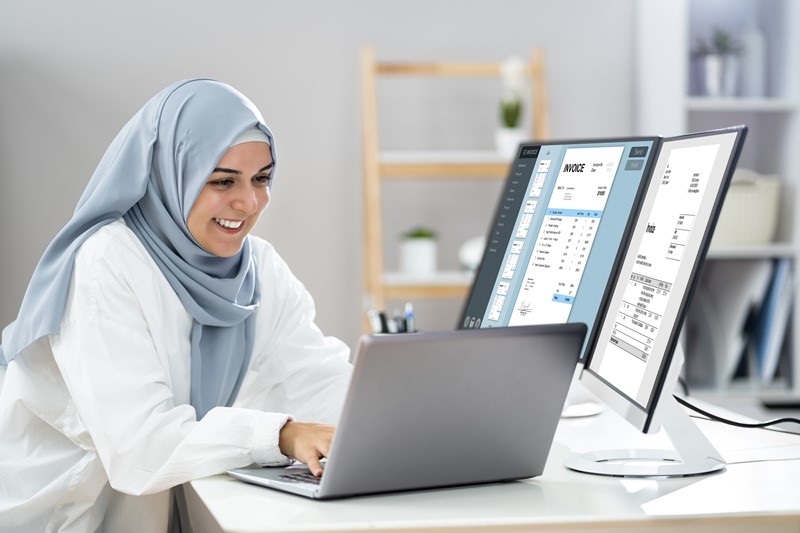E-invoicing consultation

HMRC together with the Department for Business and Trade (DBT) have launched a new consultation on e-invoicing to encourage its broader adoption among UK businesses and government departments. The consultation will run for 12-weeks and aims to cut paperwork for businesses and help improve productivity.
This is the first time that UK businesses have been invited to have their say on the government’s electronic invoicing (e-invoicing) proposals.
E-invoicing is the digital exchange of invoice information directly between buyers and suppliers. It could help businesses get their tax right first time, reduce invoicing and data errors, improve the accuracy of VAT returns, help close the tax gap and save time and money. It usually results in faster business to business payments, leading to improved cash flow and less paperwork.
HMRC provided the following example of where e-invoicing has improved cash flow. A UK NHS trust where e-invoices are ready for processing within 24 hours, compared to 10 days under paper invoicing. Their e-invoices are typically paid almost twice as quickly than paper invoices, with supplier queries reduced by an average of 15%.
Topics that the government is interested in exploring as part of the consultation include:
- different models of e-invoicing;
- whether to take a mandated or voluntary approach to e-invoicing, and what scope of mandate might be most appropriate in the UK and for businesses; and
- whether e-invoicing should be complemented by real time digital reporting.
With potential benefits like faster payments and fewer errors, e-invoicing could help UK businesses save time and money. If you are interested in sharing your thoughts, the consultation is open until 7 May 2025.

